Cotton Love
- Ebru Debbağ

- Jan 26, 2020
- 4 min read

Fashion operates on a global landscape and the supply chain is way too complex. The benchmark of sustainable practices is not based on a common standard however there are tools to differentiate the good from the bad and make conscious decisions. Fashion is directly linked with the climate crisis as most of the raw materials used require use of natural resources, a truck load of clothes end up in landfill every second, the global production are in countries with scarce access to water and which are going to be first hit by the disasters related to global warming.
There is greenwashing, there is window display, the manufacturing is not easy to transform, the solution providing start-ups are waiting for investors to scale and yet I am seeing an unprecedent race to become the best in sustainability from all stakeholders. This is all heading somewhere, and everyone is recognizing the pace that the eco-conscious have taken. The fashion shows are pledging that they are supporting only responsible exhibitors, some have stopped using plastic bottles, few are assessing exhibitors based on their accountability. The slow fashion brands are gaining shelf space and the faster ones are announcing their carbon neutral targets as well as collaborating with technology solution providers. This still feels the very start of a long journey as there are multiple, diverse, complicated, interconnected features and we are lagging behind. The B2B industry of jeans and denim has reached a level of maturity and expertise at least partially and theoretically and it is time to gain momentum at the global consumption. In 2005, I worked on a project to design %100 GOTS certified organic cotton content for Edun and Loomstate and the fabric was launched in 2006. This was a tipping point for me as I experienced the collaboration on the design of a sustainable product and the year after I proposed that we use %3 organic cotton content in all the fabric production of the mill as a social impact project to promote the use of organic cotton farming.
Later in 2006, I came to realize that a group of leading companies had invested in how to grow cotton more sustainably in the future and have set up Better Cotton Initiative. Cotton is one of the world’s most important and widely used natural fibers. Nearly everyone on Earth uses or wears cotton products every day. To meet this demand, over 25 million tons of cotton are produced each year in around 85 countries around the world, supporting 250 million people’s livelihoods. Cotton is a renewable natural resource, but the future of cotton production is vulnerable to poor environmental management, poor working conditions and unstable markets. In 2005, a group of visionary organizations came together to work out a practical solution that would secure the sustainable future of the industry. The result was Better Cotton. In 2014, over 1.2 million farmers worldwide were growing cotton to the Better Cotton Standard, making up 7.6% of global cotton production. By 2020, we want those figures to be 5 million BCI Farmers, producing 30% of the world’s cotton.
I visited the BCI headquarters in Switzerland in 2007 and was surprised to find out that back in 2009 there was no BCI cotton production in Turkey and I had to do something about this. In the course of the coming 2 years, I visited farms in Southeast and the Aegean regions of Turkey, talking to ginners as well as to the cotton growers and explaining the BCI system. Field work is where you meet the real people and learn together and co-create solutions. Today there are 791 licensed BCI farmers in Turkey producing 41,000 metric tons.
For the past 2 years I have been visiting Pakistan on a regular base and also witnessing the challenges of running denim and jeans manufacturing where there is scarcity of clean water. Pakistan is the fourth largest producer of cotton in the world, and importantly also holds the third largest spinning capacity in Asia (after China and India) with thousands of ginning and spinning units producing textile products from cotton. Approximately 1.5 million smallholder farmers rely on cotton for a living. Cotton is the country’s most widely cultivated crop and an important raw material for its growing textiles industry, representing 8.5% of GDP*. In a bid to further improve its export volumes the Pakistani government launched Cotton Vision 2015: a drive to boost production to 20 million bales in four years.
However, as cotton farmers contend with the effects of extreme weather and pest outbreaks damaging the crops, the future of Pakistan’s cotton production will depend on men and women playing an equal role in fighting climate change and promoting sustainable farming practices. In the 2017-18 cotton season, 251,292 licensed BCI Farmers in Pakistan produced 701,000 metric tons of Better Cotton lint on 811,000 hectares.
Global Fashion Agenda is the foremost leadership forum for industry collaboration on fashion sustainability. As a thought leadership and advocacy organization focusing on industry collaboration and public-private cooperation, the non-profit organization is on a mission to mobilize and guide the fashion industry to take bold and urgent action on sustainability. The recent 2020 Global Fashion Agenda CEO report highlights traceability of the supply chain as a core priority for the supply chain. The story-telling that is integrated into the beauty of a fashion item needs the story-proofing. Brands are understanding the need to work in partnership with their supply chain and need to work collectively to communicate the brands proposal to the consumers.

The leading denim and jeans platform Kingpins also launched an informative analysis “Where we stand on cotton” bringing further attention to the urgent need to integrate data into the products. The decade of action is full on. We have to address the new way of responsible consumption and as more consumers demand accountability, we will see the industry evolve as well.
The responsible manufacturing and consumption are not choices anymore, they are the future.
http://kingpinstransformers.com/journal/where-we-stand-on-cotton/
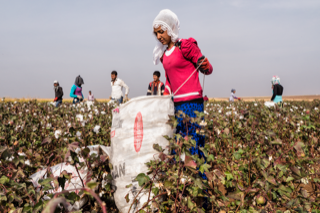
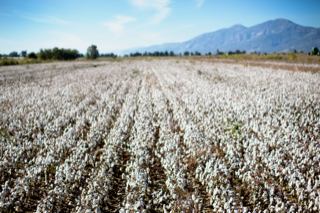
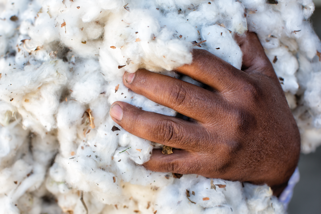
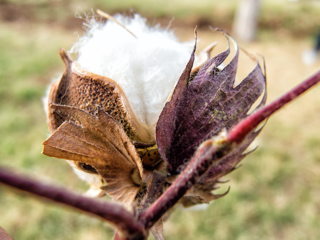
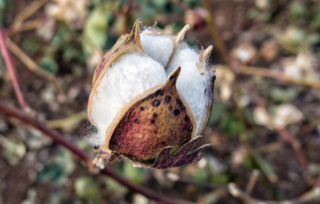
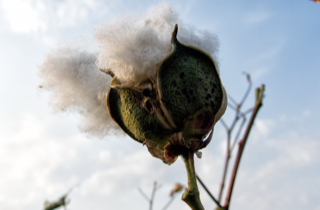
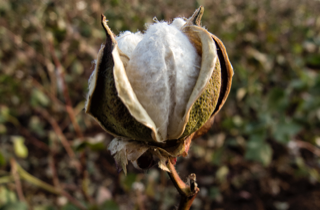

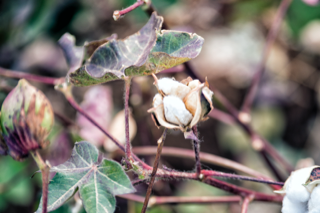
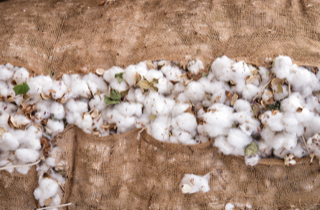

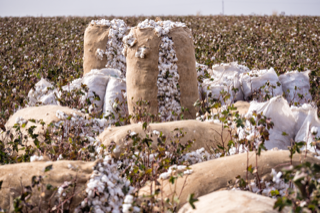
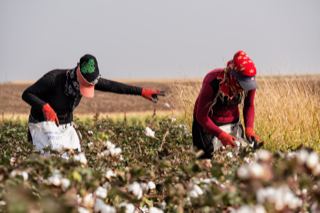




Comments